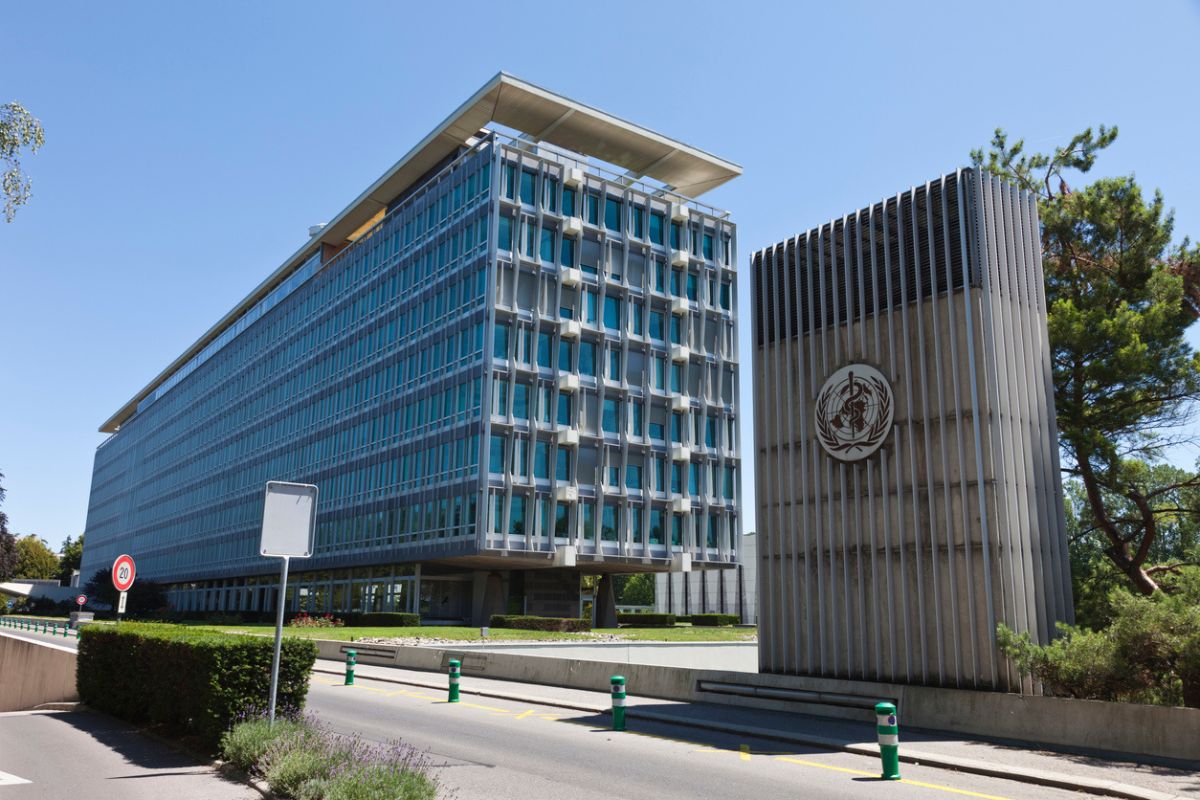A new half-decade research project tracked repeat suicide attempts, case report shows a successful approach to Machado-Joseph disease treatment, and new research backs up the effectiveness of ECT.
Multiple Factors Translate Into High Suicide Mortality Risk
A new five-year study tracking 387 people after their first suicide attempt reveals an alarming rate of recurrence and mortality. And it’s a clear warning sign for clinicians.
Appearing in The Journal of Clinical Psychiatry, a new Spanish cohort study discovered that more than one-third of participants – 37.2% – who tried to take their own lives later attempted suicide again. More than a quarter of them became frequent re-attempters, making three or more subsequent attempts.
The research also revealed that women were more than twice as likely as men to fall into this group. Also worth noting? Employment appeared protective, cutting recurrence risk in half.
Lethality at the first attempt appeared to be particularly important. Most initial attempts had low medical severity, but 17.3% still required extended hospitalization. Some crucial data points include:
- Alcohol use strongly predicted high-lethality attempts, doubling the risk compared to non-drinkers.
- Survivors of high-lethality first attempts faced a more than fivefold increased risk of dying by suicide within five years.
Overall, 5.7% of the cohort died during follow-up, including 1.8% by suicide and 2.8% from nonsuicidal causes. Older age appeared linked to nonsuicidal deaths, while high-lethality attempts marked those most likely to die by suicide.
The authors stress that clinicians must systematically assess the severity of a first attempt, not just its occurrence.
“Patients surviving a first high-lethality attempt represent a critical target for intensive monitoring and tailored suicide prevention efforts,” they wrote.
These research results reinforce the notion that suicide prevention must extend beyond repeated attempters to those whose first episode signals elevated risk — especially when the parties involved of women, out-of-work patients, or anyone whose attempt was medically severe.
IN OTHER PSYCHIATRY AND NEUROLOGY NEWS
- The Primary Care Companion for CNS Disorders presents a case report that describes how targeted psychiatric treatment successfully managed acute neurobehavioral symptoms in an older adult with Machado-Joseph disease.
- JCP also reports on a phase 2 trial that found that the TRPC4/5 inhibitor BI 1358894 failed to show efficacy over placebo in patients with major depressive disorder.
- PCC also documents a community clinic study on electroconvulsive therapy that revealed a 54% depression response rate and 31% remission rate.
- A year after the Oct. 7, 2023, terrorist attack in Israel, PTSD, depression, and anxiety symptoms declined overall, but reserve-duty combatants and bereaved individuals showed persistent distress, according to new JCP research.
- A new WHO report shows that despite rising awareness, most countries remain ill-equipped to meet rising global mental health needs.



